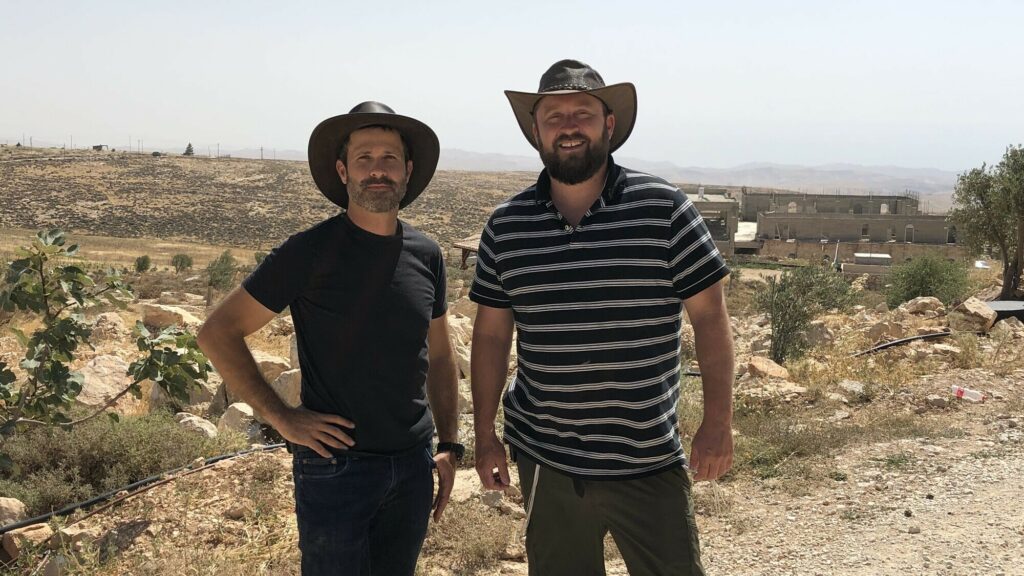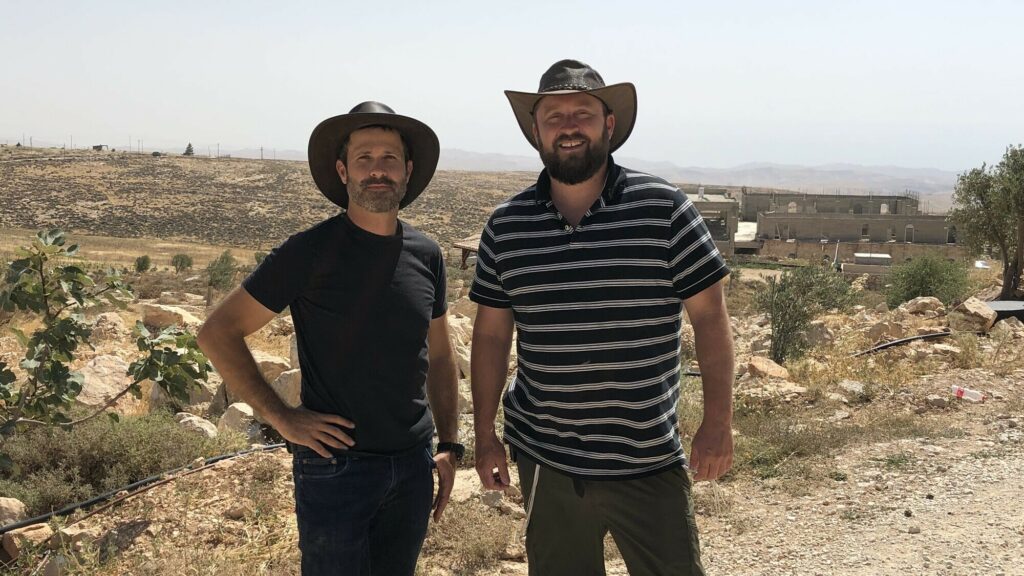
A Special Farm in the Biblical Heartland
In a tale as old as time itself, the heart of a nation beats with unwavering resilience. This is the story of Jerusalem, Judea, and Samaria – a land steeped in history, prophecy, and the unbreakable spirit of its people.
For thousands of years, these ancient territories were lost to their rightful inheritors. The lifeblood and heartbeat of the Jewish people lay dormant, waiting for the day when they would once again call this sacred ground home. That day finally arrived in 1967, marking a pivotal moment in the annals of history.
However, the journey back has been far from easy. Those who have dared to stake their claim on this promised land have faced a barrage of challenges. Propaganda swirls like a sandstorm, obscuring truth and sowing doubt. Terrorism looms as a constant threat, testing the resolve of even the bravest souls. International pressure mounts, questioning the legitimacy of their presence.
Yet, against all odds, they persevere.
The significance of this region cannot be overstated. One notable location in this heartland is the Arugot Farm. Jeremy Gimpel, of Arugot Farm, emphasizes the farm’s biblical significance, noting that it lies in the Arugot Valley, the top of the Ein Gedi spring mentioned in the Bible. These mountains, referred to as the Mountains of Zif, are where King David once fled from King Saul. It is in these very caves and hills that David composed many of the Psalms, a cornerstone of Jewish and Christian liturgical traditions.

The Arugot Farm represents the cutting edge of the Jewish return to their promised land. The movement of Jews returning from around the world to settle deeper into Israel fulfills the biblical prophecy of the ingathering of exiles, a prophecy mentioned over 40 times by various prophets in the Bible. This return began in Tel Aviv and has progressively moved inward, reaching places like the Arugot Farm.
King David’s connection to this land is deeply personal and spiritual. He tended his sheep here as a young boy and later sought refuge in these mountains when fleeing from Saul. These experiences inspired much of his writing in the Psalms, making this land not only historically but also spiritually significant.
The fundamental covenant that God made with Abraham was centered on the land of Israel. This promise underpins the Jewish claim and connection to the land, often referred to as the promised land. However, there are many forces that oppose this promise, creating a continuous struggle for the Jewish people to maintain and settle this land. Yet, the belief persists that fulfilling this promise is the key to unlocking peace for the entire world.
As the sun sets over the hills where Abraham once walked and Amos prophesied, one thing becomes clear: this is not occupied territory. This is God’s land, the biblical heartland, restored against all odds to its rightful inheritors. And as long as there are those willing to stand firm in their convictions, the story of Jerusalem, Judea, and Samaria will continue to unfold, a living testament to the power of faith and the endurance of the human spirit.
For more insights into the biblical heartland and its significance, visit keepgodsland.com, which will help you delve deeper into these stories and the ongoing journey of the Jewish people in their ancestral homeland.
The post A Special Farm in the Biblical Heartland appeared first on Israel365 News.
Israel in the News